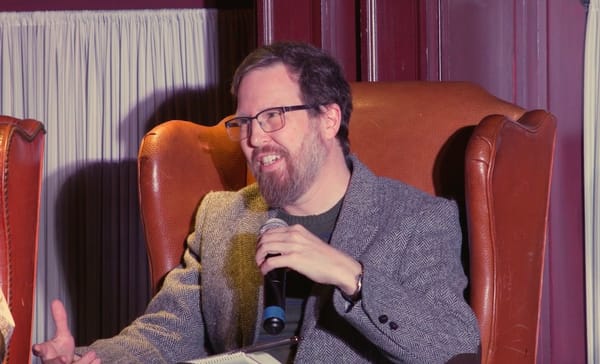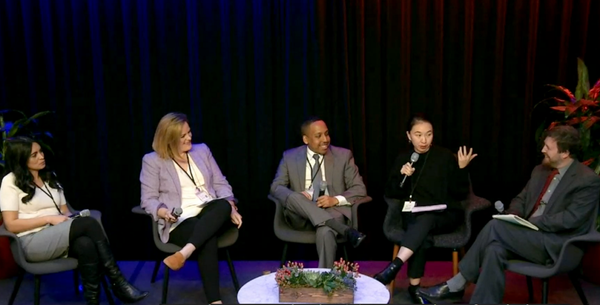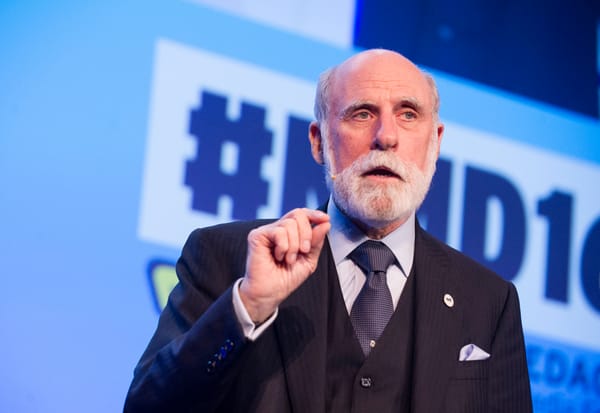
TPI
From Labels to Legislation: Experts Address Barriers to Informed Choice
The assumption that consumers have a choice in selecting broadband providers is often far from the truth, said panelists.

TPI
The assumption that consumers have a choice in selecting broadband providers is often far from the truth, said panelists.

Infrastructure
The FCC approves ban on Chinese telecom companies, NTIA map has ‘limited value,’ open access conduit key to bridge divide.

NCC
WASHINGTON, January 24, 2020 – The broadband data collection activities of the Federal Communication Commission are inaccurate by an “order of magnitude,” agency critics said at a Next Century City panel discussion Thursday on “Creating Accurate and Reliable Broadband Deployment Data.” The panel kic

EU
Taiwan has the world’s fastest broadband, while the United States comes in at 15th place, according to the annual Worldwide Broadband Speed League report released by Cable.co.uk on Tuesday. The report analyzes more than 276 million broadband speed tests collected by M-Lab, an open source project inv

Broadband Mapping and Data
WASHINGTON, August 8, 2018 – Experts in broadband data analysis on Tuesday criticized internet service providers for overstating coverage in federal broadband data collection efforts, and for resisting cooperation that could increase network security. At an event commemorating the 10th anniversary o
OTI
WASHINGTON, July 20, 2011 – Consumers now have a new way to capture and record actual data about the speeds and quality of their broadband service. Representatives from New America Foundation’s Open Technology Initiative (OTI), Google and Georgia Institute of Technology proclaimed the arrival Tuesd
Broadband Mapping and Data
WASHINGTON, March 11, 2010 – The FCC launched its consumer broadband test [http://www.broadband.gov/] today, enabling consumers to test the speed and other performance measurements of their broadband connections.
Broadband Mapping and Data
ARLINGTON, Va., September 28, 2009 – “Beer and Broadband Mapping” was the informal name appended to a spirited and lively discussion that capped the first day of the Telecommunications Policy Research Conference here at George Mason School of Law on Friday, September 25.